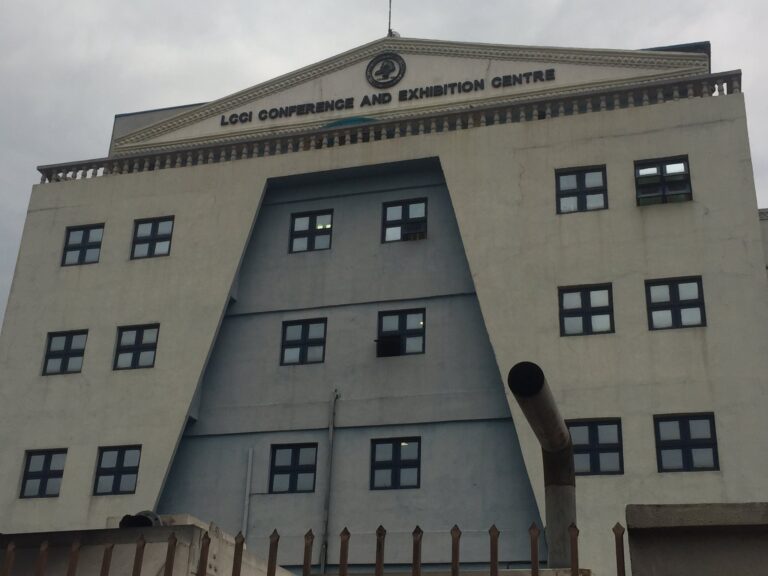The Lagos Chamber of Commerce and Industry (LCCI) has raised alarm over the harmful effects of overly aggressive revenue collection strategies by government agencies, warning that they are putting businesses, particularly small and medium enterprises (SMEs), at risk. The Chamber, which represents key stakeholders in Nigeria’s business community, expressed concern that such approaches could jeopardize the nation’s economic growth.
LCCI President Gabriel Idahosa delivered the warning during the Chamber’s First Quarterly Review of the Nation’s Economy. He cautioned that the Federal Government’s ambition to achieve a $1 trillion economy by 2030 could remain unattainable unless critical sectors, particularly power, are reformed and optimized.
Power Crisis Threatens Economic Growth
The Chamber’s statement highlighted that Nigeria’s MSMEs, which should be the backbone of the economy, continue to struggle with major operational hurdles. Insecurity and unreliable electricity are key issues that have forced many small businesses to close or downsize. LCCI stressed that without consistent, affordable electricity, the country’s economic goals would remain out of reach.
The Chamber called on the government to prioritize energy reforms, offering electricity subsidies, implementing fair regulatory policies, and ensuring clear energy billing systems to support SMEs. Additionally, it urged greater emphasis on commercial partnerships with renewable energy investors and a robust regulatory environment to facilitate growth in this sector.
A New Approach to Debt Management
On the issue of Nigeria’s growing debt, projected to exceed ₦157 trillion by December 2025, LCCI acknowledged improvements in fiscal management but warned that new borrowings, especially for non-productive investments, could harm the nation’s long-term financial health. The Chamber advised the government to revisit its debt strategy, emphasizing the need for cheaper debt sources and better use of national assets to manage the country’s fiscal challenges.
Tackling Food Security and Inflation
LCCI also emphasized the urgent need for coordinated efforts to address food security and inflation. Despite some improvements, food prices remain high, and millions of Nigerians continue to face hunger. The Chamber advocated for scaling up food processing to meet domestic demand, particularly through initiatives like the Special Agro-Industrial Processing Zones (SAPZ), which would support local production of finished food products.
Additionally, LCCI urged federal agencies to collaborate with state governments to prepare for flooding that is expected to disrupt agricultural production in many states this year. Proactive measures could mitigate the destruction of farmlands and the loss of crops, which are vital for the nation’s food supply.
Call for Action
LCCI’s appeal is clear: the government must reassess its strategies, focusing on creating a business-friendly environment that encourages growth, reduces costs for businesses, and prioritizes essential sectors like power and food security. If the government heeds these calls, Nigeria’s path to a $1 trillion economy could become a reality, benefiting not only businesses but the citizens they serve.

